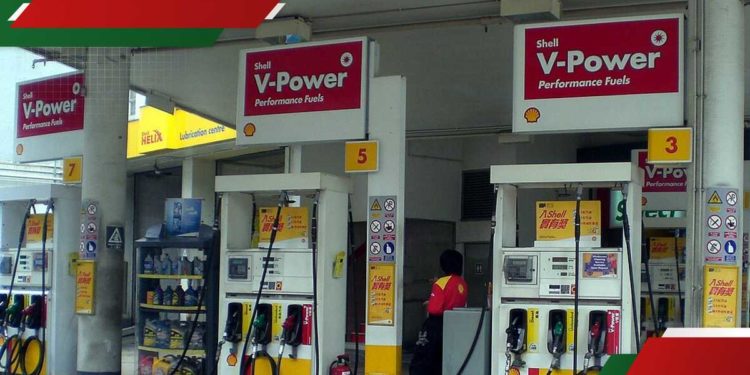A recent viral video by content creator William Kimm, known as GTR Tanuki, has sparked a significant conversation about the quality of premium fuel products in Kenya. On Sunday, Tanuki uploaded footage showing fuel tests conducted at seven different stations. The video highlighted discrepancies between premium and regular fuel, specifically citing a case where Shell V-Power recorded a Research Octane Number (PON) of 87, while the regular fuel at the same station registered 91 PON.
Tanuki’s findings have raised questions about the consistent performance of premium fuels, which are often marketed as superior to regular alternatives. The content creator’s revelation contradicted the common perception that premium fuels, like Shell V-Power, consistently outperform regular fuels.
In response to the allegations, Vivo Energy, the company responsible for marketing Shell products in Kenya, issued an official statement defending the quality of its fuel. “Our fuel imports into Kenya adhere to strict quality standards, with two standard Research Octane Number (RON) categories: Unleaded (RON 93) and Shell V-Power (RON 95). Each shipment is certified at source and undergoes further rigorous testing upon arrival into the country,” the statement read. Vivo Energy further emphasized its commitment to maintaining high standards, noting that “all fuels meet the required standards before being distributed through our nationwide Shell service station network.”
While Shell V-Power’s quality came into question, the video also featured findings from Astrol, a second-tier petroleum company, which performed surprisingly well. Tanuki’s test showed Astrol’s fuel recorded a PON of 91, higher than Shell V-Power’s. Many Kenyans were taken aback by this result, given Astrol’s relatively lower profile in the market.
Astrol Petroleum responded to the growing interest, explaining its ability to offer competitive prices without compromising quality. The company stated, “We import fuel in bulk, and all our stations sit on OUR land, hence no leasing costs. All our stations are company owned, no franchises.” This, according to the company, allows them to maintain lower running costs, ultimately benefiting consumers with more affordable prices.










